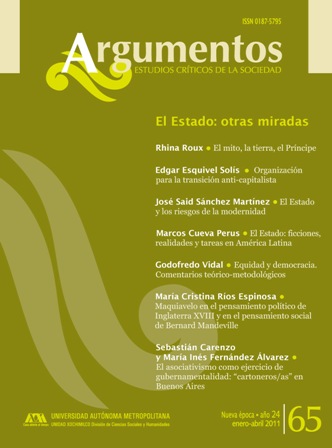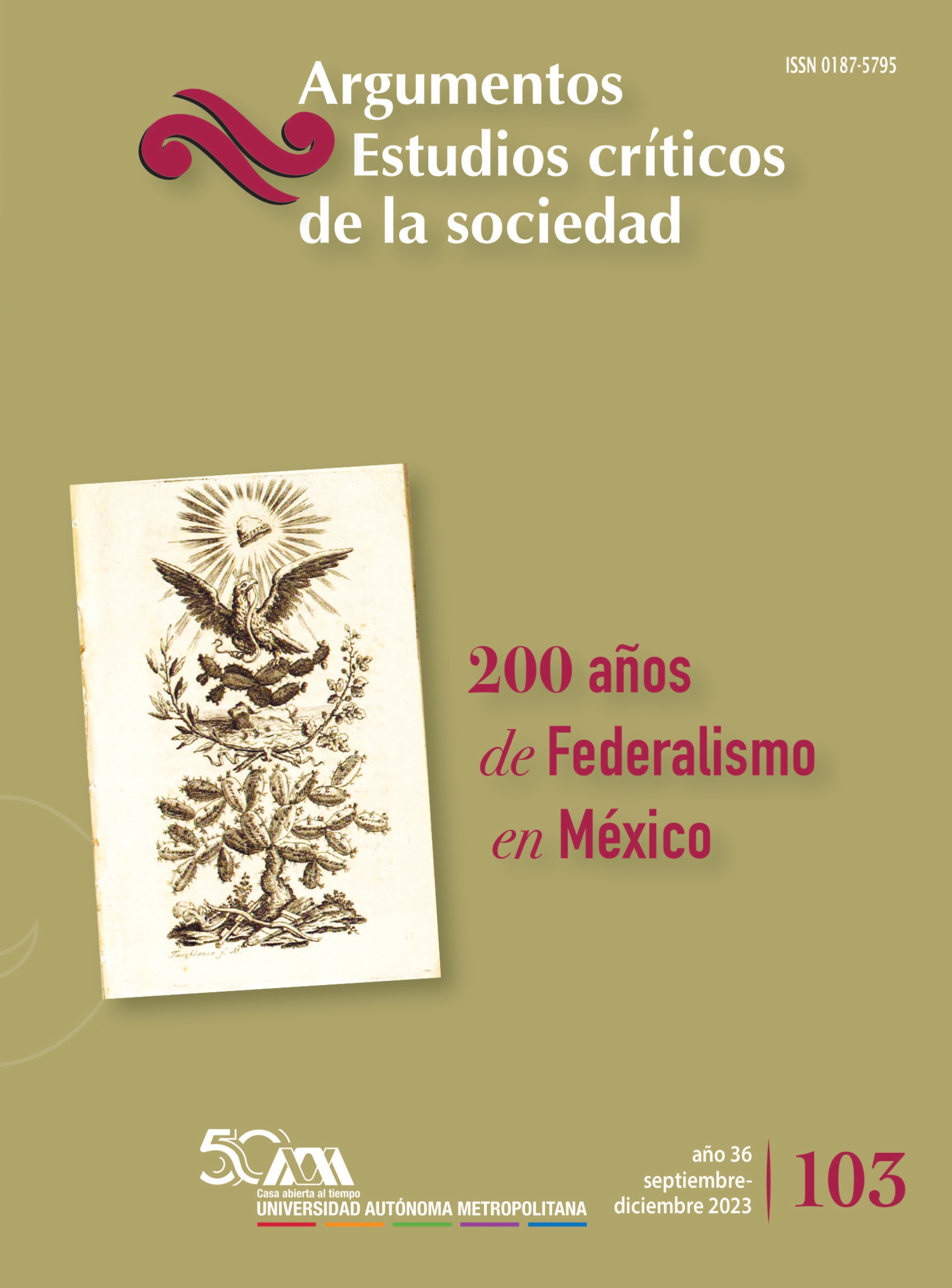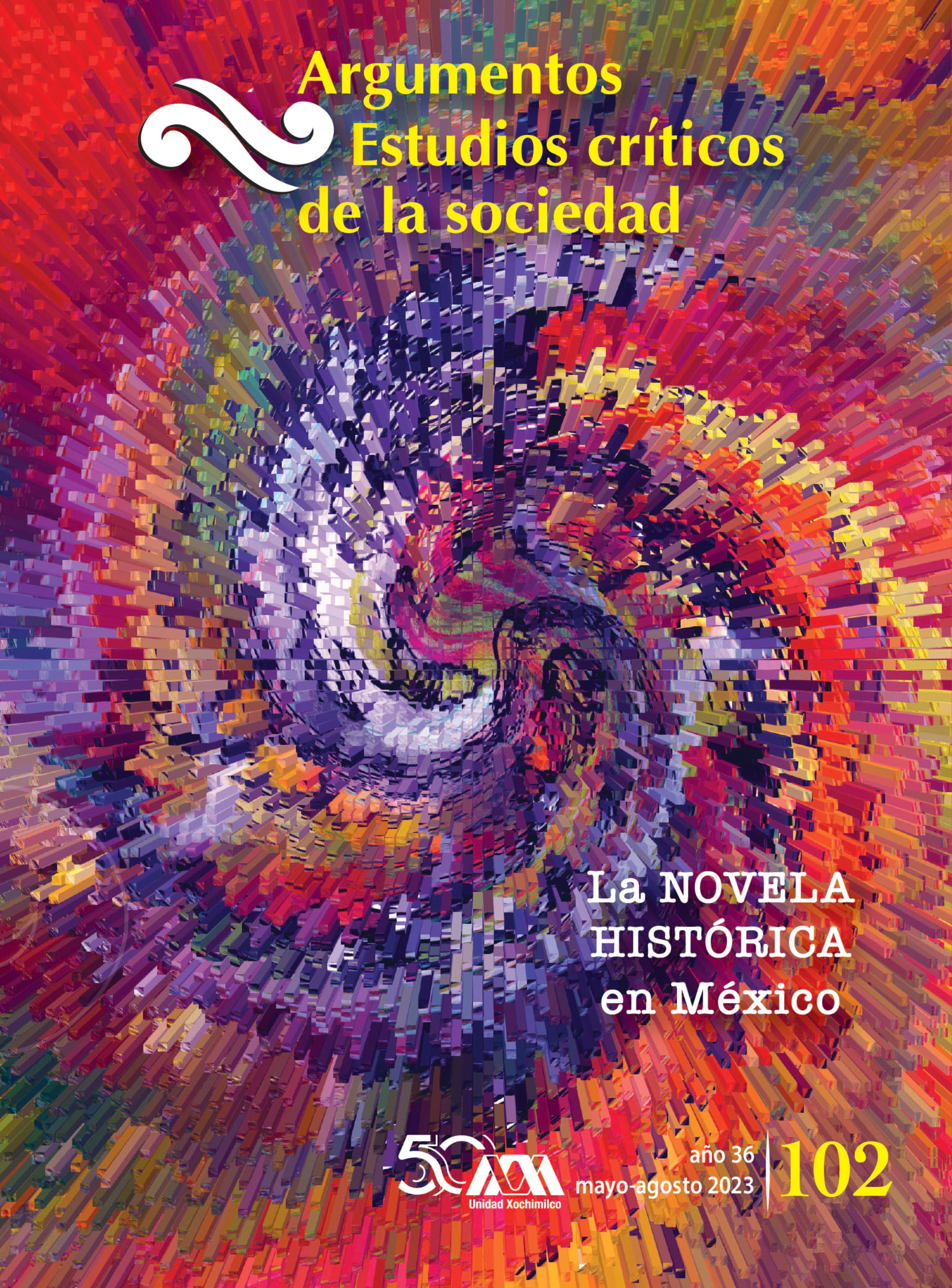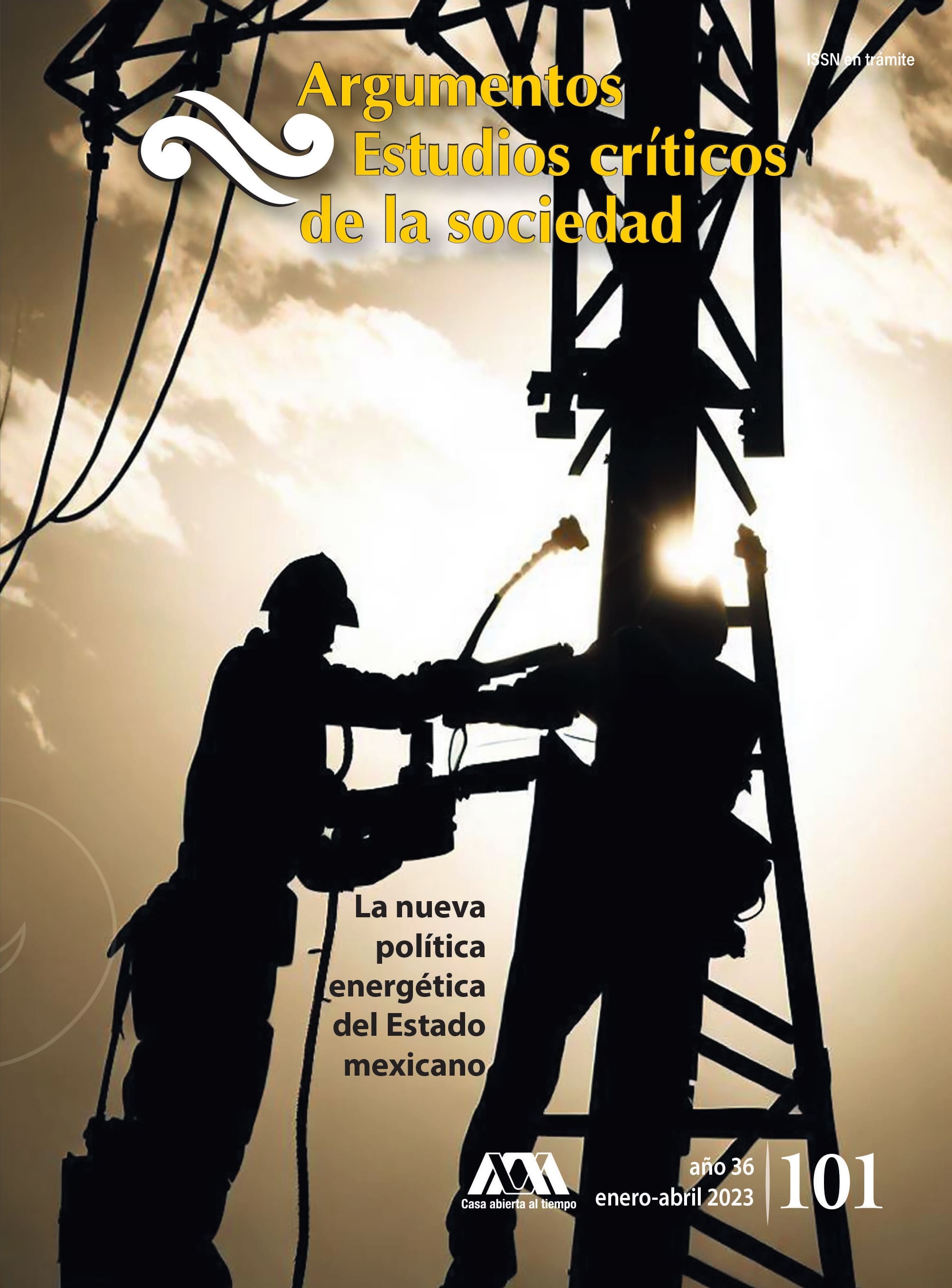Maquiavelo en el pensamiento político
de Inglaterra en el siglo XVIII y en el pensamiento social de Bernard Mandeville
Keywords:
Republic, monarchy, public virtues, interest, credit, vice, fortune.Abstract
This paper shows the way Machiavelli’s political ideas influenced political thought in England during the eighteenth century, a time in history were new forms of property emerged, such as commerce and credit activities, which needed an ideological legitimation in order to avoid society rejection. We also review the transformation of the concept of virtue, the opposition of the societies for reformation of manners against the rupture between private and public virtues, this means the separation between morality and politics, the redefinition of political science as an autonomous activity from morals, the new role of politician not as a moralist that looks forward to transform people into good citizens, instead of it he convinced them about the utility of sociable acts, in order to obtain social recognition, fame, glory, favorable public opinion as a way to reach material benefits in the market, such as financial credit and confidence in trade. In order to demonstrate this evolution in political thought, this essay compares Machiavelli and Mandeville as a particular case and because of their influence in modernity.








